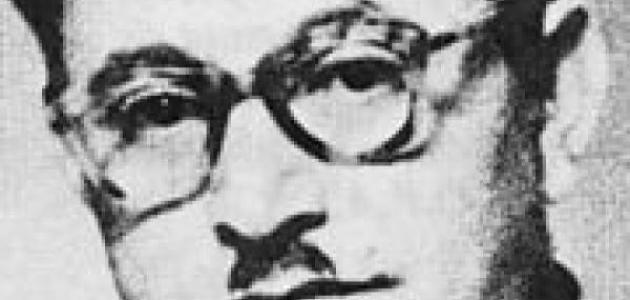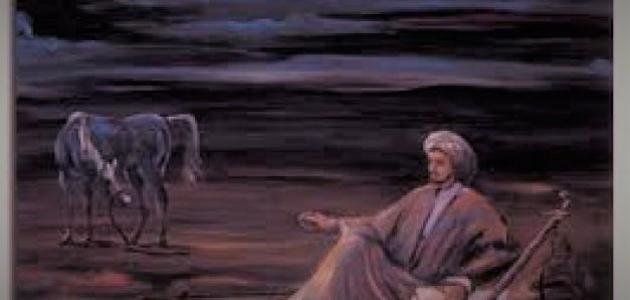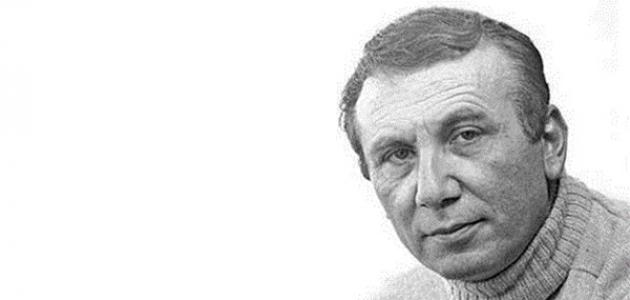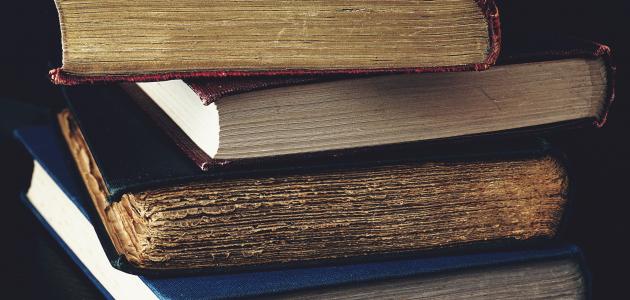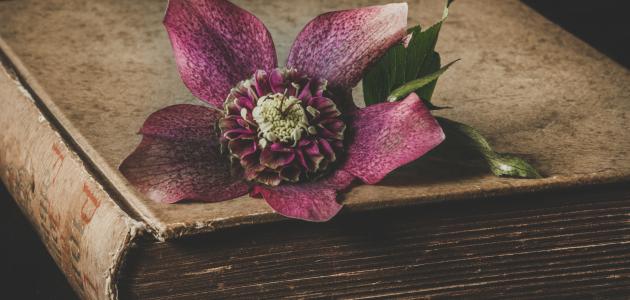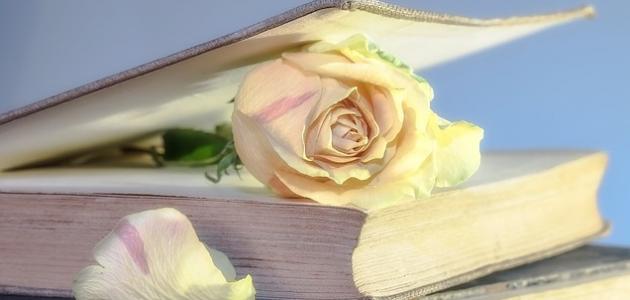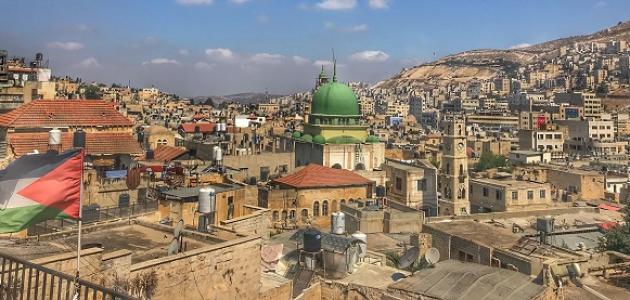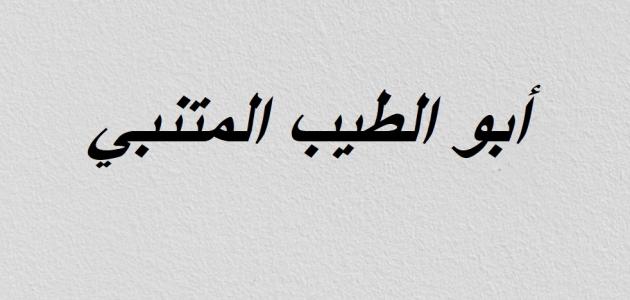The first to recite poetry
It is said that the first person to recite poetry was our master Adam, peace be upon him, and that is what Al-Tabari mentioned in his interpretation, quoting Ali, may God be pleased with him, that when Cain killed his brother Abel, our master Adam was alarmed by that and regretted his loss, so he mourned him with verses of poetry, which are:
The country and its people have changed
- And the face of the earth is ugly dusty
All taste and color change
- And say the screen of the morning face
And its people replaced it with wood and wine
- With gardens of paradise pus
We passed an unforgettable enemy
- He who dies so we can rest
Cain killed his brother
- He said sorry to the sweet face
Some scholars denied the attribution of these verses to our master Adam, because the prophets were forbidden from poetry, and among those who said that was Abdullah bin Abbas, may God be pleased with him. The second opinion regarding the first to speak poetry is what was mentioned in the biography of Ibn Hisham, that the first poetry spoken in the Arabs was found. Written on a stone in the country of Yemen, and attributed by Ibn Ishaq to Amr bin Madad I, and these verses are:
O people, walk if you mean it
Read also:Works by Gibran Khalil Gibran- That one day you will no longer lead us
Urge the mountain and relax its crisis
- Before death, and settle what you decree for us
We were people just as you were, so we changed them
- Eternity, you are what we used to be
What is poetry?
The simplest definition of poetry is that it is speech with an intended, balanced, and rhymed meaning, or it is defined as meaningful words that are covered with a pattern of rhyme and meter. Ibn al-Manzur says: (Poetry: structured speech prevails over it, because it is distinguished by meter and rhyme, even though every knowledge is poetry), and poetry. For the Arabs, it is the record of their lineages and accounts, and the repository of their eloquence and wisdom.
hair stuff
The most important purposes of poetry are the following:
- the description: It is for the poet to describe living or inanimate scenes, such as describing nature and beings, and this includes Imru’ al-Qais’s description of his horse, and the poets of pre-Islamic times described the desert and the stars, and described women in brilliant and precise descriptions, so their descriptions were characterized by simplicity.
- praise: This type of praise was an asset to many poets in the pre-Islamic era. Although its purpose was not to gain, it was for flattery and benefit, and an embodiment of affection and deep admiration.
- spelling: In pre-Islamic times, it was based on denouncing vices such as cowardice, miserliness, and low lineage. In Islam, satire turned into satire of polytheists, and Islam established morals and virtues that made satire a sin.
- Lament: Since the pre-Islamic era, lamentation has been characterized by simplicity, sincerity, and spontaneity.

